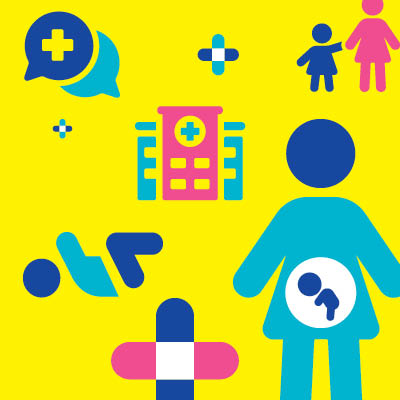A new insight into stress responses in adolescents
2 min read - 22 Jun 2022

The problem
Early in life, our bodies ‘learn’ how to individually respond to stress. If a person has a trauma in childhood, that can lead to them having negative responses to stress, which over a lifetime can increase the risk of ill health. But while we learn our stress responses early in life, it has not been clear if stress reactivity continues to change in adolescence.
The project
As a student of Applied Psychology in UCC, Jenna O’Shea looked at whether the ‘learned’ stress response can change in adolescence, itself often a stressful time. With the support of a HRB Summer Student Scholarship, she analysed a dataset from the USA of 120 adolescents measured at time points over 18 months for levels of a stress hormone (cortisol) and explored links with factors such as a person’s sex and the age when puberty started.
The outcomes
- The study showed that stress hormone responses increase during adolescence
- There were no measurable differences between males and females, and the age at which puberty starts had little impact
- The findings add to a growing interpretation of adolescence as a time of recalibration and a potential window to intervene and support people at risk.
Jenna O’Shea, graduate of Applied Psychology in UCC, says:
“If a person has excessive or prolonged negative responses to stress, that can contribute to many conditions, such as heart disease, cancer and issues with mental health. For someone who is at risk of this from early life, if we can target interventions in adolescence, there is a huge opportunity to improve the lives of those who have experienced early life trauma and how that can affect the trajectory of their lives.”
‘A new insight into stress responses in adolescents’ is part of a wider collection of success stories across four themes from this year’s annual Health Research in Action. Download the full publication.
2 min read - 22 Jun 2022



